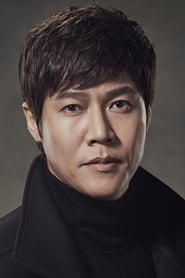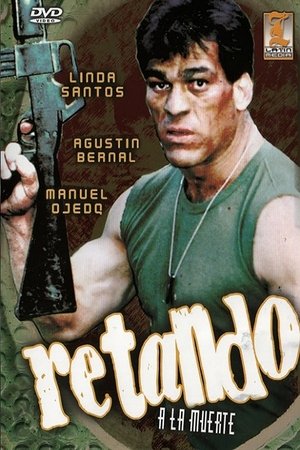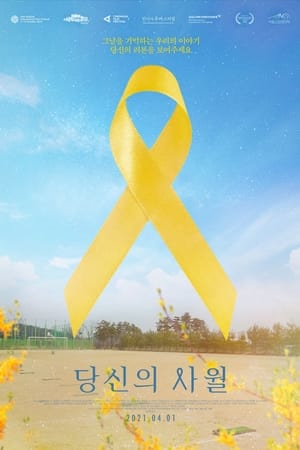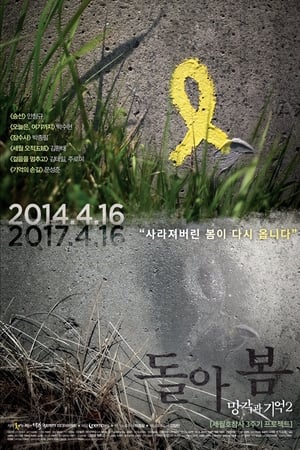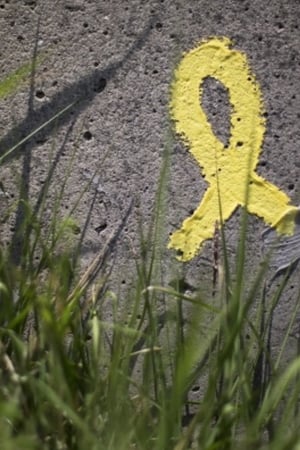
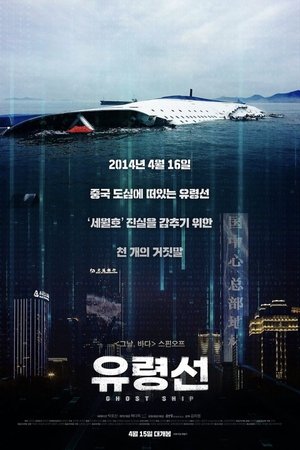
Ghost Ship(2020)
A thousand lies to conceal the truth of the Sewol Ferry. As many as 1,000 ships, 160,000 AIS data, were manipulated to hide the truth behind the sinking of the Sewol Ferry on April 16, 2014. Who are the organizers of this and why did they build a ghost ship! We must ask persistent questions. Since that day, nothing has been revealed yet. Government AIS data of a thousand lies. Now it is time for the Korean prosecution to answer.
Movie: Ghost Ship
Recommendations Movies
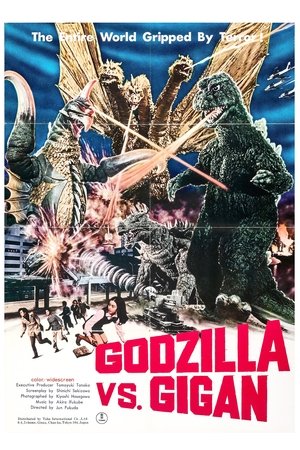 6.4
6.4Godzilla vs. Gigan(ja)
Manga artist Gengo Odaka lands a job with the World Children's Land amusement park only to become suspicious of the organization when a garbled message is discovered on tapes. As Gengo and his team investigate, Godzilla and Anguirus quickly decipher the message and begin their own plan of action.
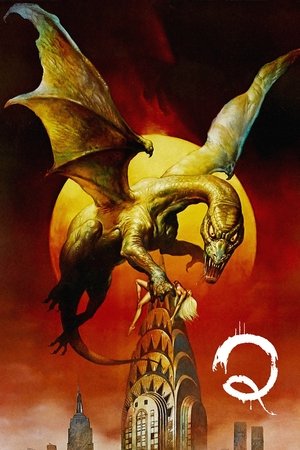 5.7
5.7Q(en)
New York police are bemused by reports of a giant flying lizard that has been spotted around the rooftops of New York, until the lizard starts to eat people. An out-of-work ex-con is the only person who knows the location of the monster's nest and is determined to turn the knowledge to his advantage, but will his gamble pay off or will he end up as lizard food?
 7.6
7.6Saint Seiya: The Heated Battle of the Gods(ja)
In Siberia, Hyōga saves a man that is being attacked. Injured, the man manages only to say something about Asgard. Some days later, Saori, Seiya, Shiryū and Shun are wondering about Hyōga and decide to go to Asgard to investigate. At Valhalla, the Lord of Asgard, Dolbar, says he has not heard of any Hyōga and neither has his right hand, Loki. However, at all times Seiya and the others can feel an evil cosmo emanating from Loki and the other Odin Saints called God Warriors. Shiryū, in particular, notices a familiar cosmo coming from Midgard, a mysterious, masked God Warrior. Dolbar makes it clear that he is trying to take control of both Asgard and the Sanctuary, imprisoning Athena in a strange dimension within the giant statue of Odin. Midgard reveals himself as Hyōga and tries to kill Shiryū to prove himself to Dolbar. Thus, it is the task of the Bronze Saints to defeat Dolbar, Loki and the rest of the God Warriors, to save Athena and Hyōga.
Defeat of the German Forces Near Moscow: The Restored Soviet WW2 Documentary(ru)
Soviet wartime cameramen accompanied the fighting troops of the Red Army on foot, aboard their tanks, and in their aircraft to film this epochal documentary of the Battle of Moscow that halted the vaunted and---until then, unstoppable---German war machine cold in its tracks.
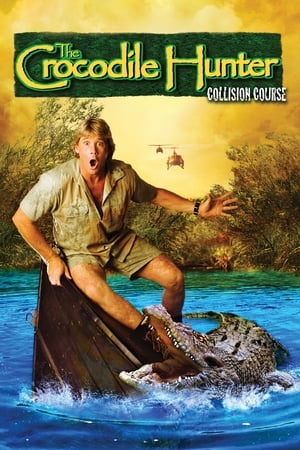 5.4
5.4The Crocodile Hunter: Collision Course(en)
Steve Irwin, AKA The Crocodile Hunter, has avoided the death-roll and saved a croc from poachers. But what he doesn't know is that the crocodile has swallowed a top secret U.S. satellite beacon, and the poachers are actually American special agents sent to retrieve it.
 7.4
7.4Re-Births(fr)
A documentary film depicting five intimate portraits of migrants who fled their country of origin to seek refuge in France and find a space of freedom where they can fully experience their sexuality and their sexual identity: Giovanna, woman transgender of Colombian origin, Roman, Russian transgender man, Cate, Ugandan lesbian mother, Yi Chen, young Chinese gay man…
War(en)
In the gray dawn of an October day, as the inhabitants of a village street in Tripoli are engaged in the enjoyment of their several pursuits of life, an Arab rushes upon the peaceful scene, announcing that Italy has declared war against Turkey and that the Italian warships are now in the harbor, shelling the city.
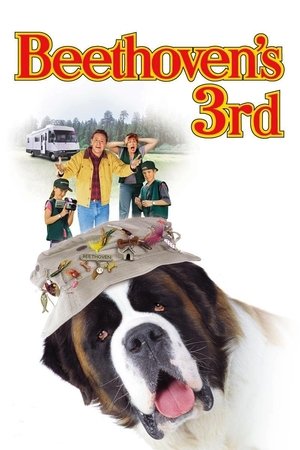 5.2
5.2Beethoven's 3rd(en)
Everyone's favorite St. Bernard returns in this family film about man's best friend. Richard Newton, his wife Beth and kids Brennan and Sara shove off in their camper for a road trip. Along the way, they gain a new passenger: slobbery Beethoven. The Newtons plan to return Beethoven to his owner -- but not before he turns hero when a pair of thieves enter the picture.
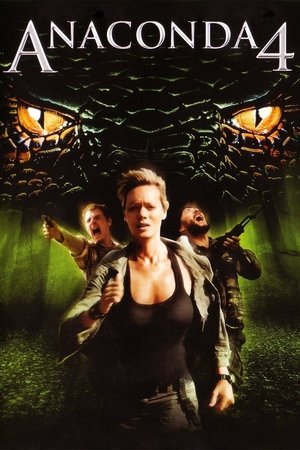 4.7
4.7Anacondas: Trail of Blood(en)
A genetically created Anaconda, cut in half, regenerates itself into two new aggressive giant snakes, due to the Blood Orchid.
 6.2
6.2The 2019 Rose Parade with Cord & Tish(en)
Cord Hosenbeck and Tish Cattigan return for their annual round of live Rose Parade coverage. Cord Hosenbeck and Tish Cattigan are no strangers to the iconic New Year’s tradition of the Rose Parade, having covered the event for the past twenty-six years. After a whirlwind year that included traveling abroad to cover the Royal Wedding, the duo are more excited than ever to return to Pasadena. The esteemed Tim Meadows will also return for the festivities.
 5.7
5.7Taxi 3(fr)
A gang of thieves calling themselves the Santa Claus Gang are wreaking havoc, and the police can't keep up. Police Captain Gilbert is distracted by a Chinese reporter writing a story on his squad, and taxi driver Daniel is in the midst of a relationship crisis. After a string of mistakes in which the thieves outsmart the police time and time again, Daniel and his super-taxi pitch in.
 5.7
5.7Major League II(en)
After losing in the ALCS the year before, the Cleveland Indians are determined to make it into the World Series this time! However, they first have to contend with Rachel Phelps again when she buys back the team.
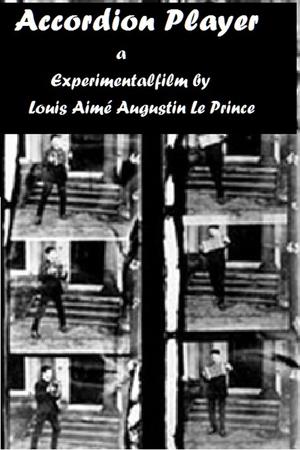 4.9
4.9Accordion Player(xx)
The last remaining film of Le Prince's LPCCP Type-1 MkII single-lens camera is a sequence of frames of his son, Adolphe Le Prince, playing a diatonic button accordion. It was recorded on the steps of the house of Joseph Whitley, Adolphe's grandfather.
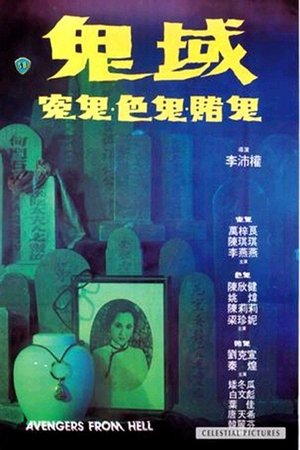 7.8
7.8Avengers from Hell(zh)
Three macabre short stories about gambling, vengeance and homicide.
 6.2
6.2Dick Tracy(en)
The comic strip detective finds his life vastly complicated when Breathless Mahoney makes advances towards him while he is trying to battle Big Boy Caprice's united mob.
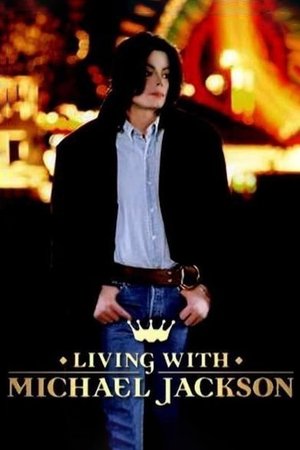 5.2
5.2Living with Michael Jackson: A Tonight Special(en)
Martin Bashir conducts a rare interview with Michael Jackson and is given unprecedented access to the reclusive performer's private life over a span of eight months, from May 2002 to January 2003.
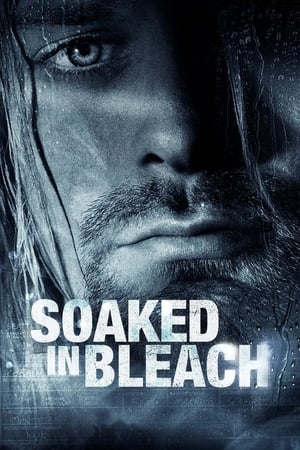 7.1
7.1Soaked in Bleach(en)
Twenty years ago, Kurt Cobain was found dead of an apparent gunshot wound to the head. The world was told it was a suicide, but evidence would lead many people to believe it might be otherwise. The film investigates the possibilities that exist that Kurt Cobain's death might not have been a suicide, that the Seattle Police Department rushed their verdict, and the global media perpetuated lies and misinformation fed to them by Courtney Love that created the belief in many that Cobain killed himself—but when revealed to be lies—lead many to now question what happened.
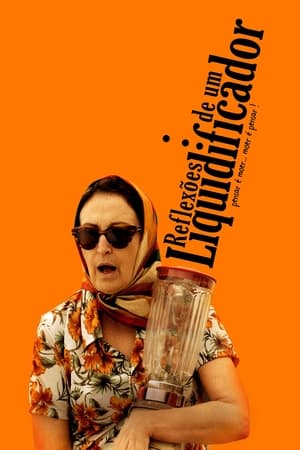 7.9
7.9Reflections of a Blender(pt)
After receiving a patch, a blender suddenly gains consciousness. As it grapples with existential questions, it becomes the sole companion to the grieving wife of a missing man.
 6.4
6.4Kabhi Alvida Naa Kehna(hi)
Dev and Maya are both married to different people. Settled into a life of domestic ritual, and convinced that they are happy in their respective relationships, they still yearn for something deeper and more meaningful, which is precisely what they find in each other.
Similar Movies
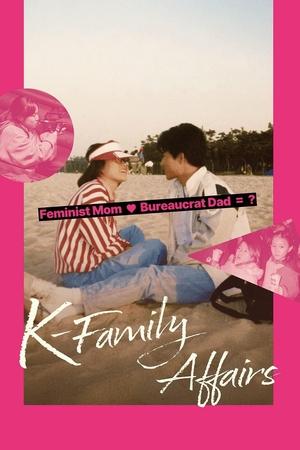 6.0
6.0K-Family Affairs(ko)
In her first feature-length documentary, filmmaker Nam Arum turns her camera on her parents, two members of South Korea’s 386 Generation. The political activism of this generation came to a head in June 1987 with major protests that forced the authoritarian government to hold universal suffrage elections and implement key democratic reforms. Over 35 years later, the filmmaker reflects on the state of this democracy through a warm-hearted family portrait set against the backdrop of the country’s recent history. Using a personal and intimate cinematic style, Arum examines her father's adherence to conventionality as a high-ranking civil servant and her mother's fervent enthusiasm as a feminist activist. In the midst of these two contrasting dynamics, Arum seeks to discover her own role and how she can contribute to social change.
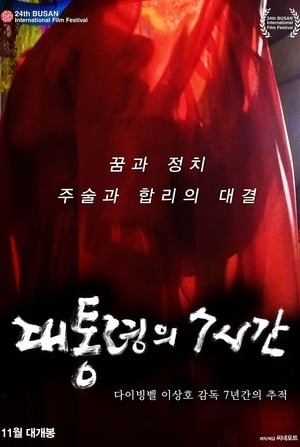 9.0
9.0President′s 7 Hours(ko)
The film traces PARK Geun-hye's life back to the 1970s, when the leader-follower relationship began between PARK, who became the first lady of the Yushin regime, and CHOI Taemin, the leader of a pseudo-religion. It then examines the Sewol ferry incident, CHOI Soonsil Gate, candlelight rallies, and finally the impeachment.
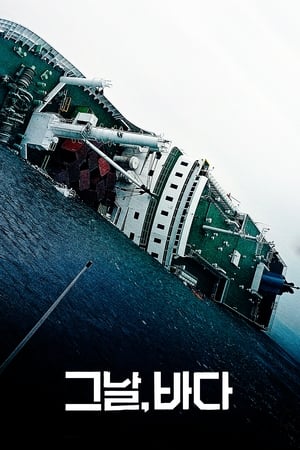 9.2
9.2Intention(ko)
A documentary that scientifically analyses and tracks down the route of the Sewol Ferry that sank on the 16th of April in 2014 using its AIS to discover the cause of the unconfirmed sinking.
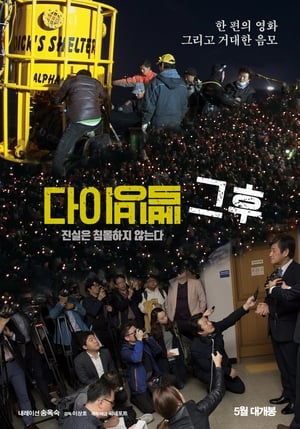 0.0
0.0After Diving Bell(ko)
A documentary that reports on the the rescue failure of the Sewol incident. In the days of media control, Park Geun-hye and her government sabotaged the screening of "Diving Bell" at the Busan International Film Festival.
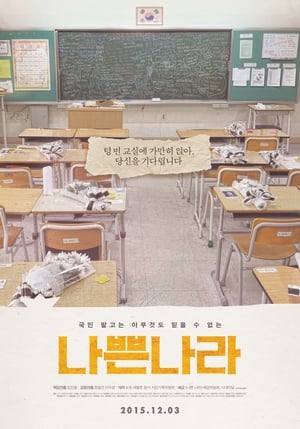 8.3
8.3Cruel State(ko)
In April 2014, the entire nation of South Korea watched on television live as The Sewol capsized off the coast of Jindo. The tragedy left life-long wounds in the hearts of people whose family and friends had been among the 304 passengers killed. The majority of the victims were high school students on a school trip. Their parents were not even given the luxury of grieving, as they had to camp out in front of the Parliament, City Hall and the Presidential House, asking for only one thing - to know the truth about why their children had been left to die. But after more than a year, that truth has yet to be brought to light. This film is a documentation of the year-long struggle and painful soul-searching of people destined to be labelled as 'bereaved families' for the rest of their lives, as they come face to face with the naked face of their cruel country.
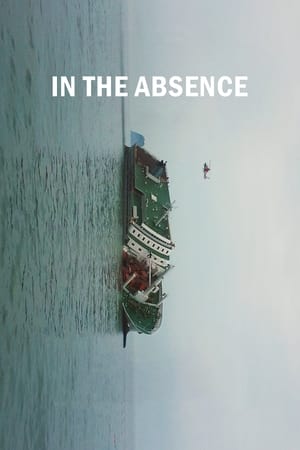 7.8
7.8In the Absence(ko)
When the MV Sewol ferry sank off the coast of South Korea in 2014, over three hundred people lost their lives, most of them schoolchildren. Years later, the victims’ families and survivors are still demanding justice from national authorities.
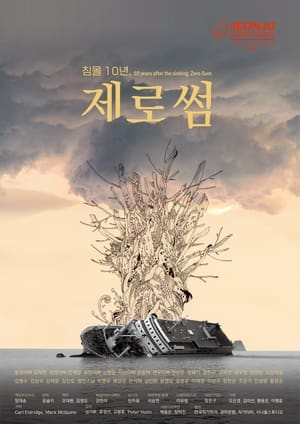 0.0
0.010 Years After the Sinking, Zero-Sum(ko)
Ten years ago, 304 innocent people aboard the Sewol ferry in Korea lost their lives at sea. The reason for the sinking and the complete failure of the rescue are crucial factors yet to be revealed. But the government continues to withhold key evidence, citing national security reasons. This documentary finds a conclusion of why all the matters have gone wrong.
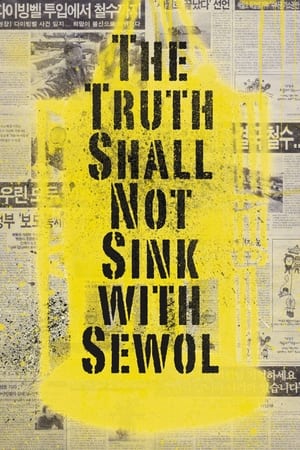 7.7
7.7The Truth Shall Not Sink with Sewol(ko)
A documentary on the South Korean ferry disaster that claimed the lives of more than 300 passengers in April, 2014.
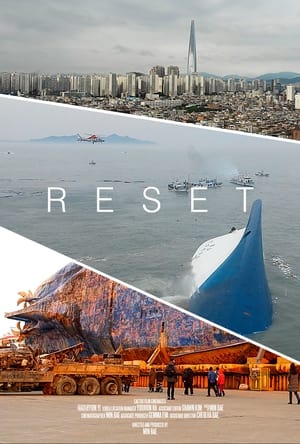 0.0
0.0Reset(ko)
On April 16th, 2014, the Sewol Ferry sank in South Korea, taking with it the lives of 304 of its 476 passengers. South Korea's worst maritime disaster traumatized a nation while simultaneously sinking the country's emotional spirit. The film asks why the rescue of Korea's children and people was neglected on the fateful day the Sewol sank.
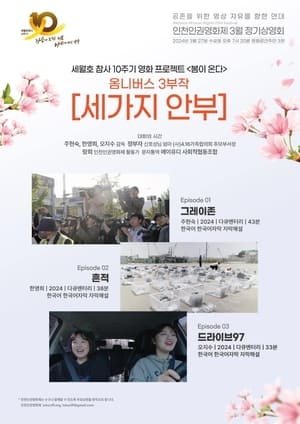 0.0
0.0Three Sides to Every Story(ko)
This documentary tells the story of people who were at the scene of the 2014 Sewol Ferry disaster: journalists, bereaved families of the victims, and the survivors. Ten years after the disaster, what did it leave them? These are three omnibus documentaries with different perspectives.
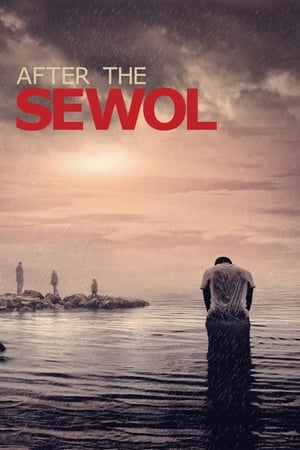 0.0
0.0After the Sewol(en)
On the 16th April 2014 South Korea was changed as a nation. After the days, weeks and months that followed the Sewol tragedy, the country became undone, untrusting and more divided than we have ever seen in its history. "After the Sewol" explores the changing faces of this nation through the eyes of two British film makers. They talk with relatives of the victims, rescue divers and activists about their struggles and battles since this tragic accident happened and embark upon a journey to uncover how this accident came about, looking deep into Korean history about why no action was taken to prevent it in the first place. This journey takes them all over Korea, meeting an older generation struggling to create a safer place for their children to live in and a young vibrant generation fighting for a corrupt free society.But, all of them searching for one thing, the truth about why the Sewol victims died.
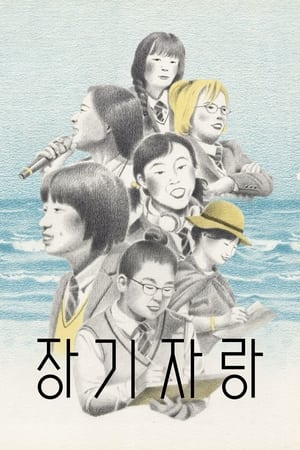 0.0
0.0The Talent Show(ko)
Middle-aged women start acting and launch a drama club. However, nothing big or small goes right. But they never give up the play.
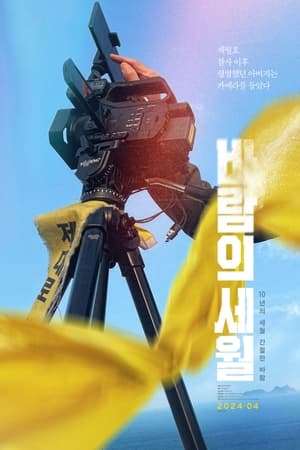 0.0
0.0SEWOL: Years in the Wind(ko)
The 10-year struggle of the families who lost their children from the Sewol Ferry Disaster.
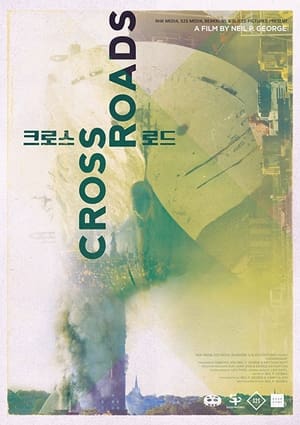 0.0
0.0Crossroads(en)
Crossroads explores the ever changing face of South Korea since the Sewol ferry disaster that tragically killed 304 people, mainly schoolchildren, in April 2014. The film takes us on a journey through Korean modern history exploring the changes the country has gone through since April 16th 2014, encompassing emotional re-enactment narrations from survivors, interviews with family members, activists, historians and the general public, as we go in search of how Korea came to yet another crossroad in its history.
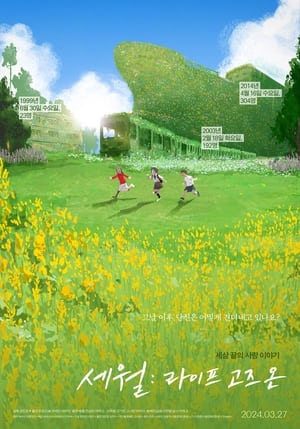 0.0
0.0Life Goes On(ko)
Yoo Kyung-geun, who lost her daughter Ye-eun in the Sewol Ferry Disaster, sits down at the podcast production studio. It is to meet with the bereaved families of numerous social disasters before and after the Sewol Ferry Disaster. They are Hwang Myung-ae, the mother of Han Sang-im who died in the 2003 Daegu Subway Fire, Ko Seok, the father of Gahyun and Nahyun who died in the 1999 Sealand Youth Training Center Fire, and Bae Eunsim, the mother of Lee Hanyeol who died in 1987's June Struggle. The bereaved families talk about "the life after" and their daily lives, and Yoo Kyung-geun learns to live without Ye-eun.
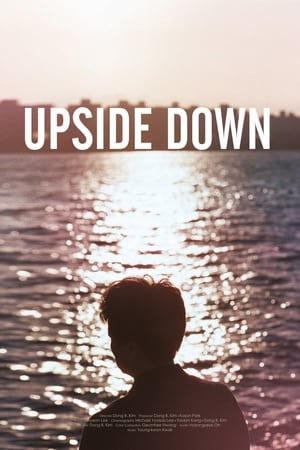 9.0
9.0Upside Down(ko)
304 people drowned as the car ferry sank. Four fathers recall their memories of their children; high school students who were on their field trip. Professors, lawyers, journalists, an activist, a diver, and a politician explain why the system ultimately allowed the tragedy to occur. What is stopping the next tragedy? The world has turned upside down.
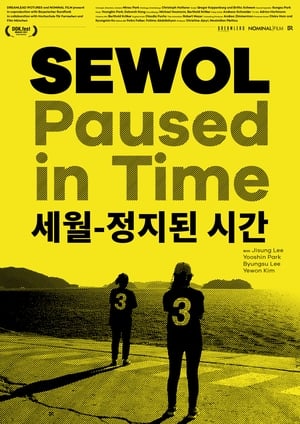 0.0
0.0Sewol: Paused in Time(de)
In April 2014, the South Korean ferry Sewol sinks. 304 people, most of them schoolchildren, drowned. Greed and official failure contributed to the scale of the disaster. The government reacts restrictively against the rebellious parents of the victims. However, they are demanding a full investigation into the background.
